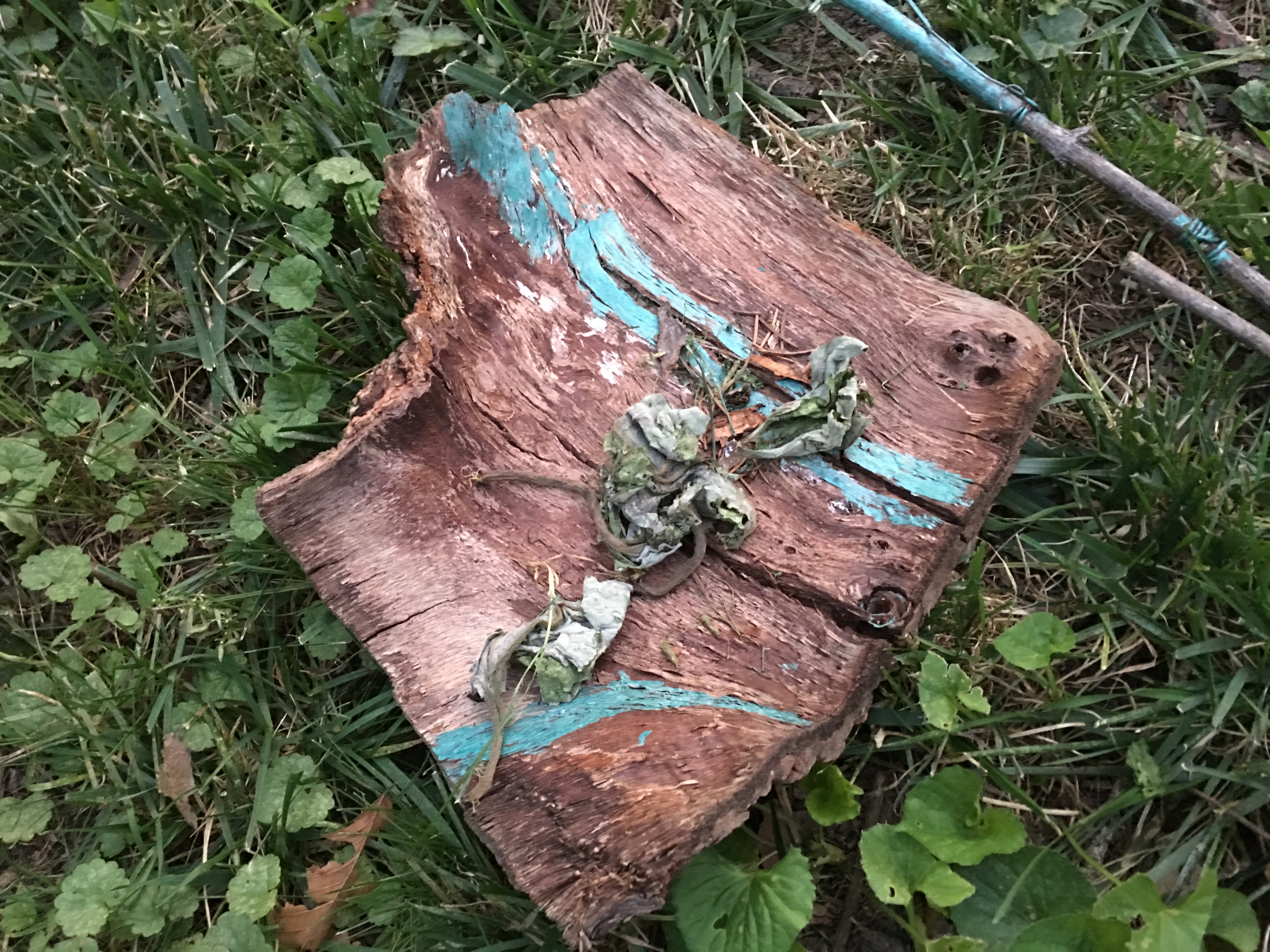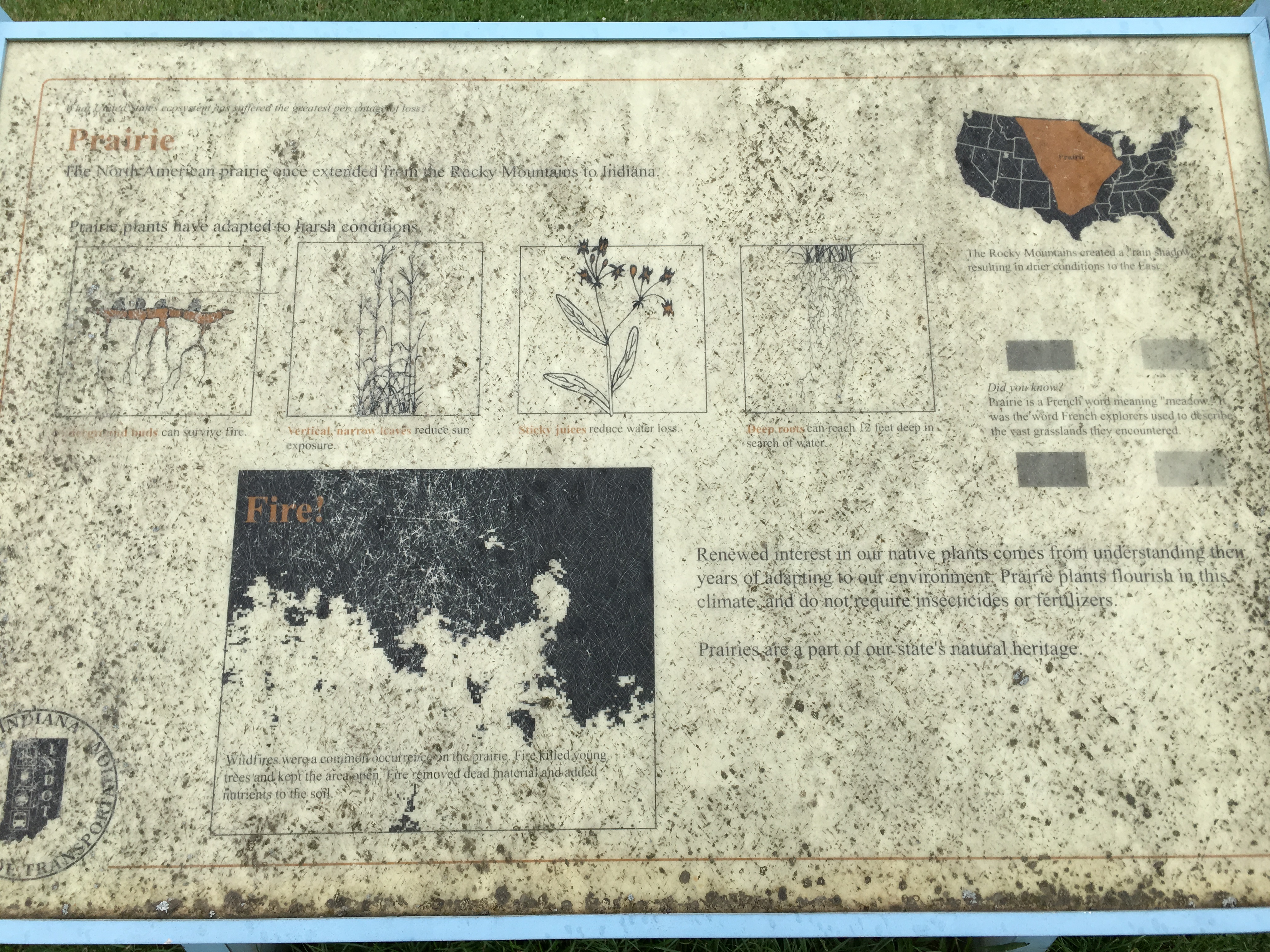Whippets: one of the goofiest breeds of dogs. Their dopey intellect combined with their lanky builds, incredible speed, laziness, and absolute demand that they snuggle and not sleep on the floor–gives them such a darned endearing personality. It’s so endearing, that rarely can you find a whippet owner who only has one.
So it was that we acquired Tori–the whippet addendum. Liz thought that Faye needed a whippet sister, but in reality I think that was just a response to this universal need to collect them. After extensive searching, she found a vet who breeds, shows, and rescues whippets. One of these rescues, Tori, was so nervous and scared that she was ill-suited for showing. She sat around the vet’s office for a time, until she was sold to us.

When we picked her up, Tori was wearing a green handkerchief. She was terrified of the change, and especially afraid of men–a fear which never fully dissipated. She took cookies from Liz but not me. We bought her her own cage, but she refused to used it–preferring to accompany Faye. She quickly adapted to nights on the bed, however, but bit me once in fear when I came to join late one night.

She never outgrew her wariness of people, but time made her less cautious, and while it was a rare moment to see her play like a dog should, she would still bark when she wanted something, give paw incessantly when she was feeling especially whippety, and took cookies from anyone who offered. She was a regal whippet, and never reduced herself to fighting with the rabble. When Faye overstepped her boundaries, Tori would either push her aside, or growl; and that was enough. The rest of the time she spent sitting in her chair in the bedroom–her throne–far from the noise and chaos of the world.

Yet she had her less-endearing peculiarities. I never figured out why she loved bread so much, but she would steal it out of the trash and off the counter, making a giant mess of crumbs in the process. And she stole bones. In fact, she had a predilection for systematically removing every item from the trash, irrespective of its classification as food, and arranging the debris on the carpet. But ultimately, she found her niche in the family.

Then she started losing weight. Until this point, she had had her share of medical problems. She had tumors, arthritis, and nerve pain; but she was strong and rarely complained about her ailments, and until now she had fought through them. But her weight loss accelerated, so upon the vet’s recommendation, we started feeding her soft dog chow. She scarfed that stinky stuff down and it helped for a time, but a couple weeks ago, she stopped eating this too, and began showing more overt signs of digestive problems.

She leaked blood, stopped moving, and became completely emaciated within days. Suspecting the worst, we made a vet trip. The diagnosis pointed to a ruptured ulcer, and lacking practical treatment options, we proceeded with euthanasia. With all the stoicism I could conjure, I watched as the vet injected Tori, and within seconds, she stopped breathing. The receptionist handed us tissues. My composure failed.
I spent the day digging her grave. I buried her with a can of that stinky chow and some cookies. Liz adorned the site with daffodil and crocus bulbs.

I want my dog back, but I’d rather she didn’t hurt anymore. I hope she has the comfiest chair and stinkiest chow, wherever she is. I miss you, Tori.
–Simon







